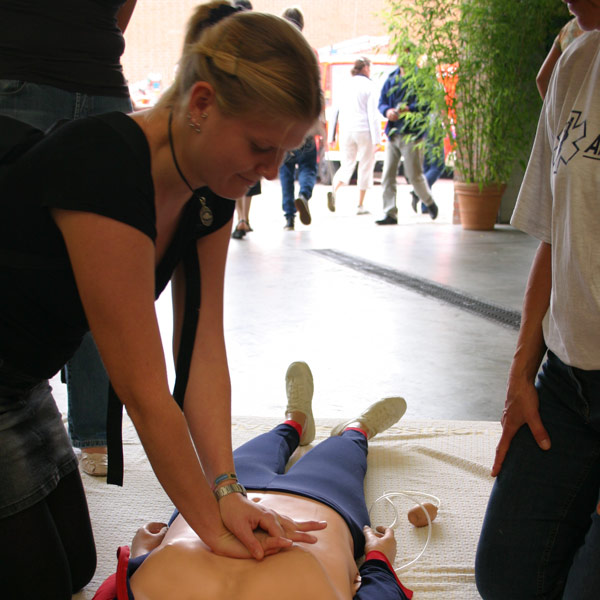
WEDNESDAY, Sept. 9, 2015 (HealthDay News) — New research suggests that short bouts of high-intensity exercise could help reverse some early cardiac changes in people with type 2 diabetes.
“Interestingly, the data also suggest that this type of high-intensity intermittent exercise benefits both the heart and diabetes control, but the benefits appear to be greatest in the heart,” explained the study authors, led by Michael Trenell and Dr. Sophie Cassidy from Newcastle University in the United Kingdom.
It’s well known that type 2 diabetes can affect the structure and function of the heart long before patients develop symptoms of heart disease, and that being physically active can help people manage their condition, the researchers said in a university news release.
For the study, the investigators tested the impact that repeated short bursts of intense cycling would have on type 2 diabetes and the heart.
The study included 23 type 2 diabetes patients, aged 45 to 71. Twelve men and women were randomly assigned to complete 12 weeks of intermittent high-intensity exercise, while 11 others continued standard treatment.
The bouts of exercise, which lasted up to 90 seconds, raised the heart rate more than longer periods of less rigorous activity, the findings showed.
The participants’ heart structure and function were assessed using advanced imaging technology. The volunteers also underwent glucose tolerance tests to determine how well they had their diabetes under control, the study authors said.
High-intensity intermittent exercise significantly improved the participants’ heart structure and function, according to the report published Sept. 9 in the journal Diabetologia.
These bouts of activity were particularly beneficial for the left ventricle, which is the heart’s main pump. This chamber of the heart became stronger and more efficient following the high-intensity exercise. Meanwhile, the exercise resulted in a small improvement in diabetes control, the study authors said in a university news release.
“The strong positive effect of exercise on the heart is, although completely logical, a message that needs to be communicated to people with type 2 diabetes more clearly,” the researchers suggested.
“The data reinforce how important a physically active lifestyle is for people with type 2 diabetes,” the authors concluded. “Our findings also suggest that exercise does not have to be 30 minutes of continuous exercise — repeated short bouts of higher intensity exercise give strong benefits to the heart. Getting more physically active is, quite literally, at the heart of good diabetes control.”
More information
The U.S. Centers for Disease Control and Prevention has more on the health benefits of exercise.
Copyright © 2026 HealthDay. All rights reserved.

